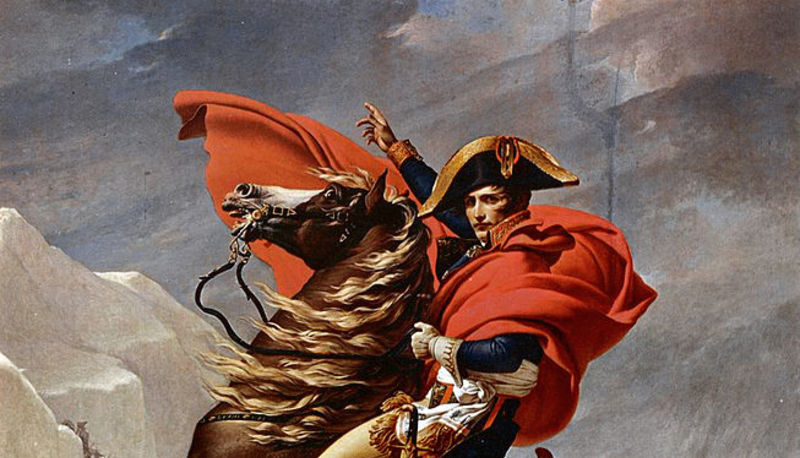Concetti Chiave
- Burke and Paine, initially enthusiastic about revolutions, later supported traditional governments after disillusionment.
- The British government aimed to weaken France commercially, but ultimately achieved military victories against Napoleon.
- England's naval supremacy was established with Nelson's victory at Trafalgar, and Napoleon was finally defeated at Waterloo in 1814.
- The Industrial Revolution in England led to societal changes and widespread discontent, highlighted by the Luddism movement.
- The Combination Act initially made trade unions illegal, but later reforms under George IV legalized employee associations and established unarmed police.
Indice
Burke e Paine nel dibattito politico
Two of the most famous names in the English political debate were Burke and Paine. They were both conservative, since Burke foresaw that the French Revolution would lead to bloodshed and Paine declared the superiority of kings over common people. They shared the enthusiasm of the revolutions, but then, disillusioned, they went back to supporting ancient static governments.
The British government aimed to damage France on a commercial level. A few years after the failure of the French Revolution, Napoleon defeated all European countries, gaining the supremacy until England decided to fight France at sea. The mighty naval force led by Nelson, the great English hero, defeated Napoleon at Trafalgar in 1805. Then, British troops commanded by Wellington defeated Napoleon several times, after he had been weakened by the disastrous campaign in Russia. The final great victory of the English armies against Napoleon took place in 1814 at Waterloo. England finally got Cape of Good Hope, Singapore, Malta and fulfilled the enormous financial cost of the war.
Rivoluzione industriale e disordini sociali
After these victories England experienced the Industrial Revolution (end of the 18th century) which radically modified society. The discovery of machinery caused a wide discontent (Luddism) among people who worked many hours and erased all the differences among work competences.  The crisis was surmounted by the discontent of William PITT the YOUNGER, who signed the Combination Act by which trade unions between employees of industries were made illegal. In Manchester eleven people were killed in a demonstration. (Peterloo massacre).
The crisis was surmounted by the discontent of William PITT the YOUNGER, who signed the Combination Act by which trade unions between employees of industries were made illegal. In Manchester eleven people were killed in a demonstration. (Peterloo massacre).
Riforme sociali e politiche in Irlanda
In Ireland the social conditions were worse than in England so Pitt decided to unify the Irish Parliament with English one. In the reign of George IV Combination Acts were pealed and associations of employees were legalised. Unarmed police (Bobbies) replaced the army.
Domande da interrogazione
- Quali erano le posizioni di Burke e Paine nel dibattito politico inglese?
- Come si è concluso il conflitto tra Inghilterra e Francia?
- Quali furono le conseguenze sociali della Rivoluzione Industriale in Inghilterra?
Burke e Paine erano entrambi conservatori, inizialmente entusiasti delle rivoluzioni, ma poi disillusi, tornarono a sostenere i governi statici antichi.
Il conflitto si è concluso con la vittoria dell'Inghilterra, che ha sconfitto Napoleone a Trafalgar e Waterloo, ottenendo il Capo di Buona Speranza, Singapore e Malta.
La Rivoluzione Industriale portò a disordini sociali, come il Luddismo, e alla firma del Combination Act che rese illegali i sindacati, ma successivamente furono legalizzati e la polizia disarmata sostituì l'esercito.







 Accedi a tutti gli appunti
Accedi a tutti gli appunti
 Tutor AI: studia meglio e in meno tempo
Tutor AI: studia meglio e in meno tempo